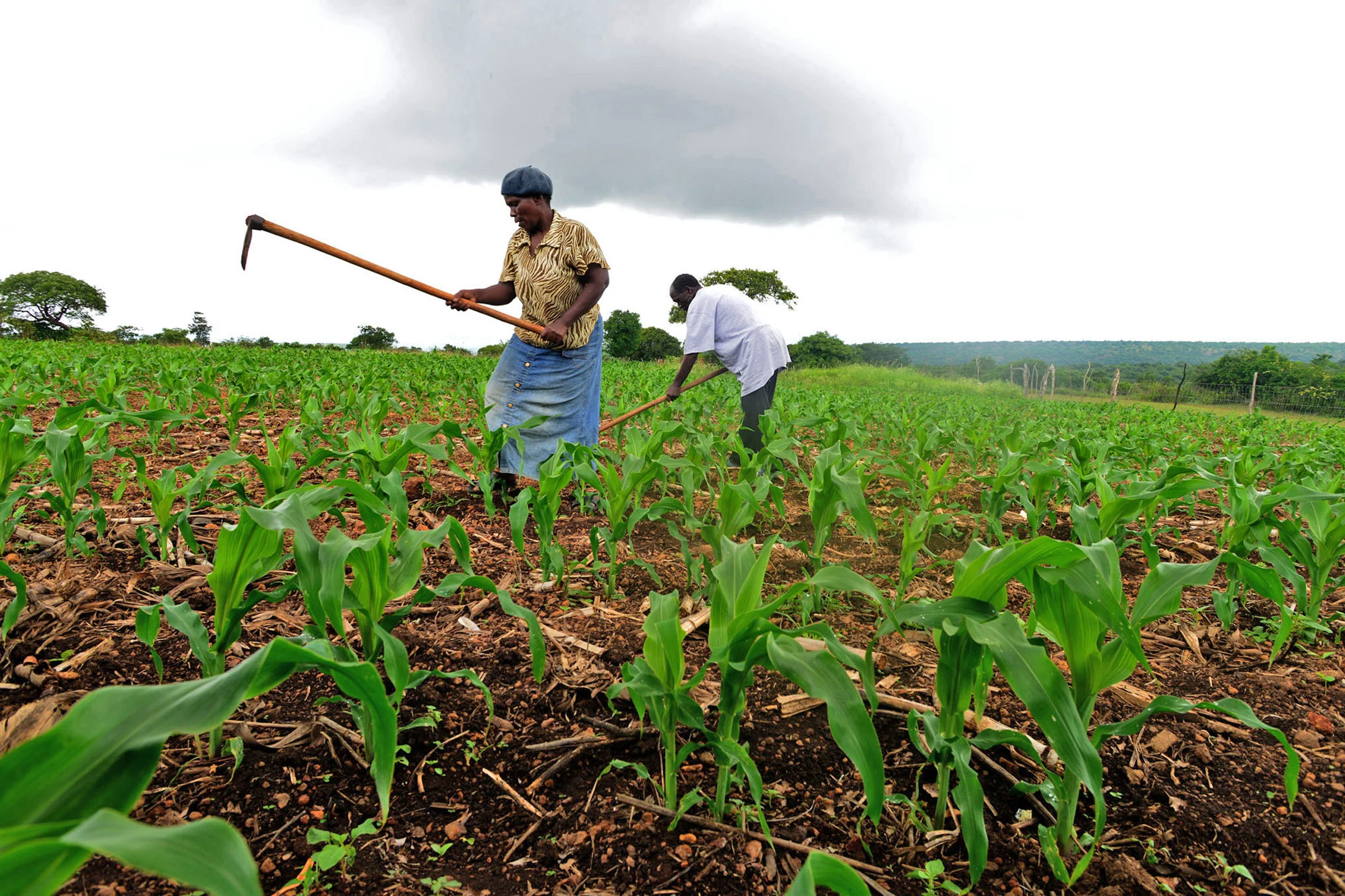
Govt allocates Ksh 47.6 B to boost agricultural, food security
Government has allocated Ksh. 47.6 Billion in the 2025/26 financial year budget to enhance food security and boost agricultural productivity in key value chain such as fisheries and aquaculture, horticulture, food crops, livestock and rangeland development.
Speaking when delivering the budget before parliament, Treasury Cabinet Secretary John Mbadi highlighted agriculture as key to the government’s strategy for reducing the country’s food deficit, cutting reliance on imports, and revitalizing export-oriented crops.
“The Government will scale up support to farmers through input financing, subsidies and extension services. This will move the country from food deficit to food surplus, reduce reliance on food imports and revamp export crops.” CS Mbadi said.
Of the Ksh 47.6B, Ksh 8 billion is meant for the Fertilizer Subsidy Programme, Ksh 10.2 billion for the National Agricultural Value Chain Development Project, Ksh 800 million for Small Scale Irrigation and Value Addition Project, Ksh 1.2 billion for Food Security and Crop Diversification Project and Ksh 5.8 billion for the Food Systems Resilience Project.
The CS said that since February 2024, 6.5 million registered farmers have benefited from the fertilizer subsidy program, as a result the cost of fertilizer has reduced by 67%, while maize production has increased by 38.9%.
To promote livestock production, the CS proposed Ksh 2.3 billion for De-Risking, Inclusion and Value Enhancement of Pastoral Economies Programme, Ksh 1.6 billion for Kenya Livestock Commercialization Programme (KeLCoP) and Ksh. 280 million for the Livestock Value Chain Support Project.
Similarly, treasury proposed Ksh 340 million for the Development Leather Industrial Park at Kenanie.
Blue Economy and Fisheries
The Blue Economy and Fisheries sub-sector has been allocated a total of Ksh 8.2 billion which includes: Ksh 2.3 billion for Aquaculture Business Development Project, Ksh 2.4 billion to the Kenya Marine Fisheries & Socio-Economic Development Project and Ksh 500 million for Kabonyo Fisheries & Aquaculture Training Center.
To mitigate climate change effects, the government will invest Ksh 1.3 billion in the Resilience for Food & Nutrition Security Program in the Horn of Africa and Ksh 318 million for the towards Ending Drought Emergencies project.
“Mr. Speaker, to raise agricultural productivity and enhance resilience to climate change risks in targeted smallholder farming and pastoral communities, I have proposed an allocation of Ksh 318 million for Towards Ending Drought Emergencies project and Ksh 1.3 billion to Resilience for Food & Nutrition Security Program in Horn of Africa project.” Stated Treasury CS.
Meanwhile, the CS said that the Insurance Regulatory Authority (IRA) is rolling out specialized training on livestock and crop insurance for farmers and pastoralist communities to increase uptake of agricultural insurance as a climate risk buffer.
Government has projected total revenue collection for the 2025/2026 fiscal year at Ksh 3.32 trillion, with ordinary revenue expected to contribute Ksh 2.75 trillion.
Appropriations-in-aid are projected at Ksh 567 billion while total government expenditure is forecast at Ksh 4.29 trillion, highlighting a significant commitment to development despite tight fiscal space.
